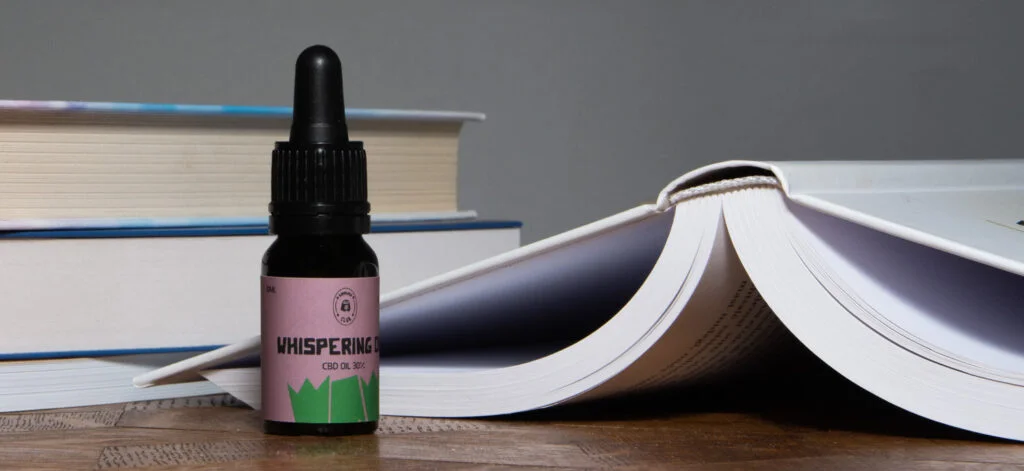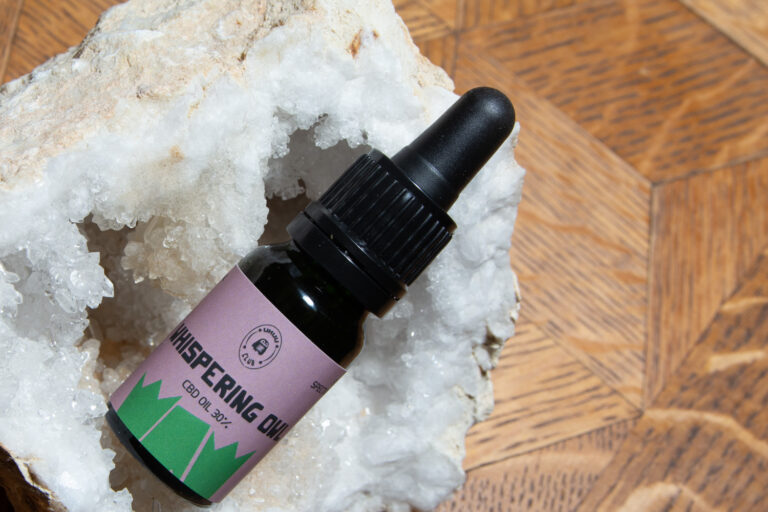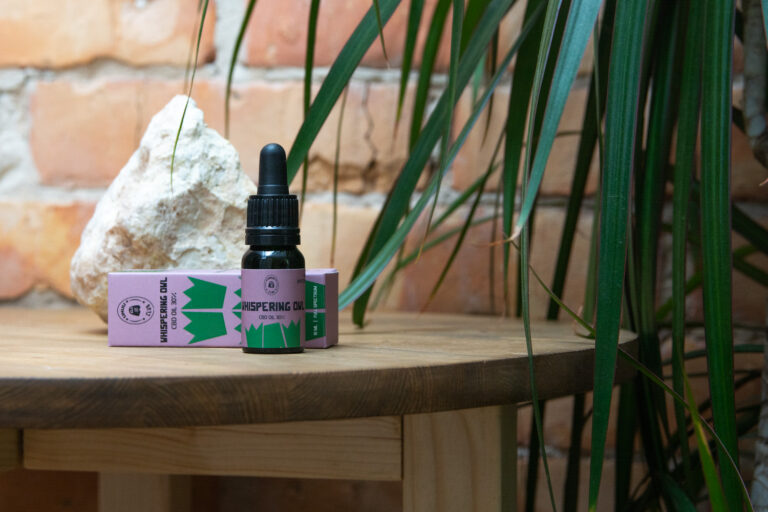In today’s fast-paced digital age, many professionals find themselves grappling with persistent stress and trouble sleeping. Long hours in front of the computer can increase anxiety levels, disrupt sleep patterns, and lead to a general sense of fatigue. Enter CBD oil—a hemp-derived extract gaining popularity for its potential to soothe frazzled nerves, promote better rest, and improve overall wellness. This article provides a clear overview of CBD oil’s benefits, practical examples of its use, and an evidence-based look at future prospects, all while referring to current scientific research.
1. What Is CBD Oil?
CBD (cannabidiol) is a naturally occurring compound found in the hemp plant. Unlike its well-known relative THC (tetrahydrocannabinol), CBD does not produce a psychoactive “high.” Instead, it is often researched for its possible therapeutic effects, such as reducing stress, enhancing relaxation, and supporting a balanced mood. According to a peer-reviewed study titled “Cannabidiol as a Potential Treatment for Anxiety Disorders” (Neurotherapeutics) , CBD’s interaction with the body’s endocannabinoid system may help regulate essential functions like mood, sleep, and immune response.
2. Good Qualities of CBD Oil
- Supports Restful Sleep- Insomnia and difficulty staying asleep are common complaints among desk-bound workers who struggle to “switch off” at the end of the day. In a 2019 case series named “Cannabidiol in Anxiety and Sleep: A Large Case Series” (ThePermanenteJournal, researchers observed an improvement in sleep scores among participants who used CBD. Although more extensive research is needed, these findings suggest CBD oil could be a valuable tool in achieving a deeper and more restful night’s sleep.
- Helps Alleviate Anxiety- Computer-based jobs often come with tight deadlines and high-stress demands. CBD oil has been investigated for its potential to reduce stress and anxiety by influencing the brain’s serotonin receptors. A clinically-focused systematic review titled “Medicinal cannabis for psychiatric disorders: a clinically-focused systematic review” examines evidence on various cannabinoids, including CBD, in helping manage psychiatric conditions such as anxiety. Although findings are mixed and more research is needed, the review supports the idea that CBD may offer promise for those looking to maintain a calmer mindset.
- Potential Anti-Inflammatory Effects- Extended periods of sitting and repetitive strain from computer work can lead to discomfort in the back, neck, or wrists. Some preliminary research, such as the “Therapeutic Effects of Cannabidiol: A Review of Clinical Data and Relevant Animal Studies” (JournalofClinicalPharmacyandTherapeutics, suggests CBD’s anti-inflammatory properties could help manage mild aches and tension. While this area of research is still evolving, it underscores CBD’s versatility in promoting overall wellness.
3. Practical Examples for Everyday Use
- Bedtime Routine: Incorporate a few drops of CBD oil into your nighttime ritual alongside activities like reading or gentle stretching. This combination may help settle both the mind and body, potentially supporting more restorative sleep.
- Midday Break: If work-related anxiety spikes around lunchtime, some individuals find that a small dose of CBD oil helps maintain focus and composure. Pair it with deep breathing exercises for even better results.
- Post-Workout Relief: After a long day at the computer, quick exercises or short walks can alleviate stiffness. Some users choose to apply CBD oil topically or take an oral form to aid post-exercise recovery and relaxation.
4. Future Prospects
Research on CBD oil is rapidly expanding. Future studies will likely delve deeper into precise dosing, long-term safety profiles, and new therapeutic uses. Given the growing body of scientific literature—like the “World Health Organization Critical Review Report on Cannabidiol” – it appears that CBD’s role in modern health could continue to flourish. We can expect more refined products, better regulation, and broader acceptance as researchers uncover additional benefits and best practices.
5. Key Takeaways and Recommendations
- Less Stress, Better Sleep: Preliminary findings suggest CBD oil can be a practical option to help combat work-related anxiety and sleep disturbances.
- Start Low and Go Slow: Because everyone’s body chemistry is unique, it’s wise to begin with a low dose and observe how you respond before making adjustments.
- Consult Professionals: If you have ongoing health concerns, talk to a healthcare professional familiar with CBD research to ensure it fits your individual needs.
- Combine Strategies: Remember, CBD oil is not a magic fix. Pair its use with improved sleep hygiene, ergonomic adjustments at your workstation, and relaxation techniques like meditation or light exercise.
In conclusion
CBD oil’s growing popularity stems from its potential to address modern challenges, especially for tech-oriented individuals facing sleep and anxiety struggles. While the research remains evolving, many studies reveal promising results that could pave the way for broader acceptance and refined product formulations in the near future. As always, staying informed and consulting knowledgeable professionals will help you make the most of CBD oil’s potential benefits.






